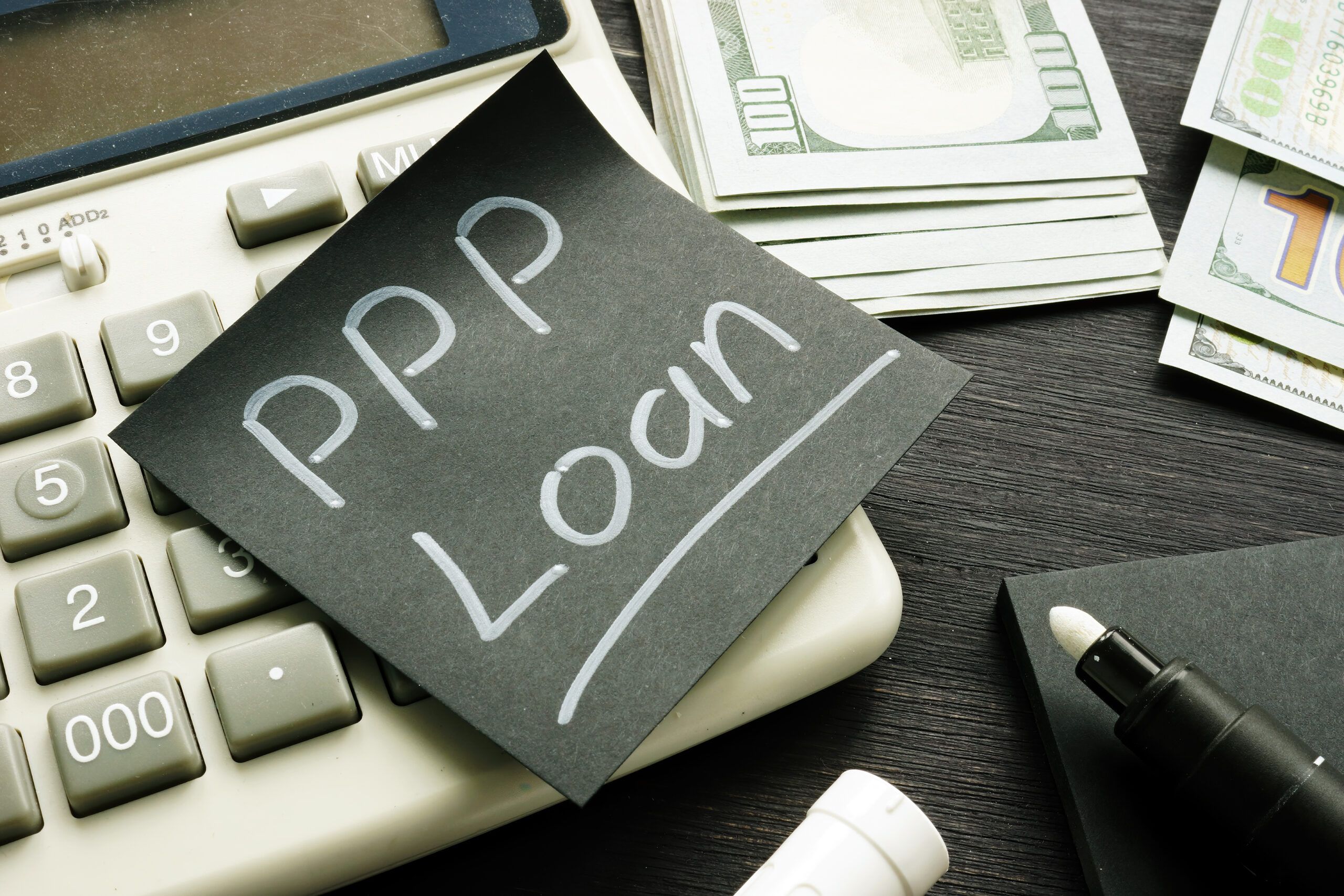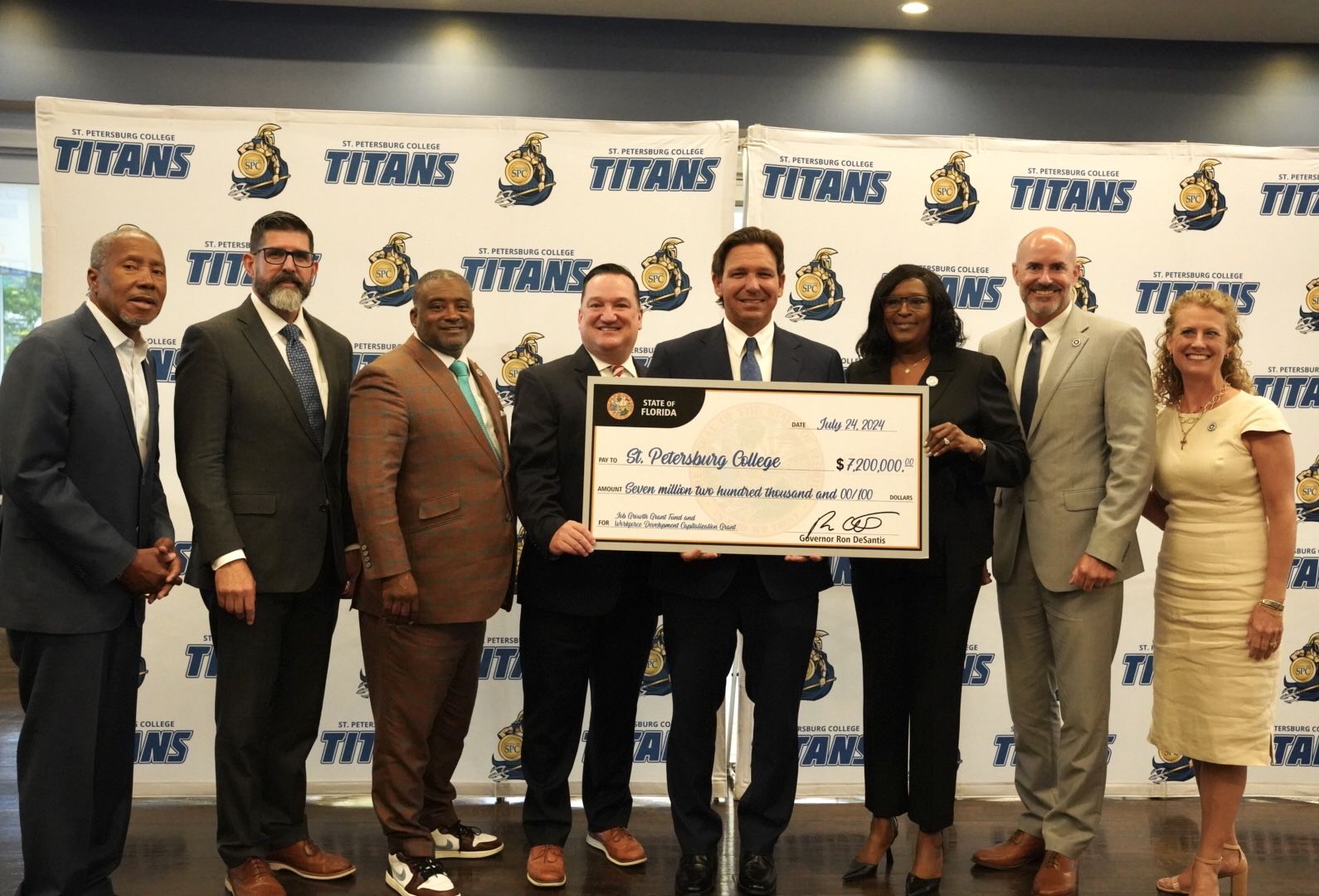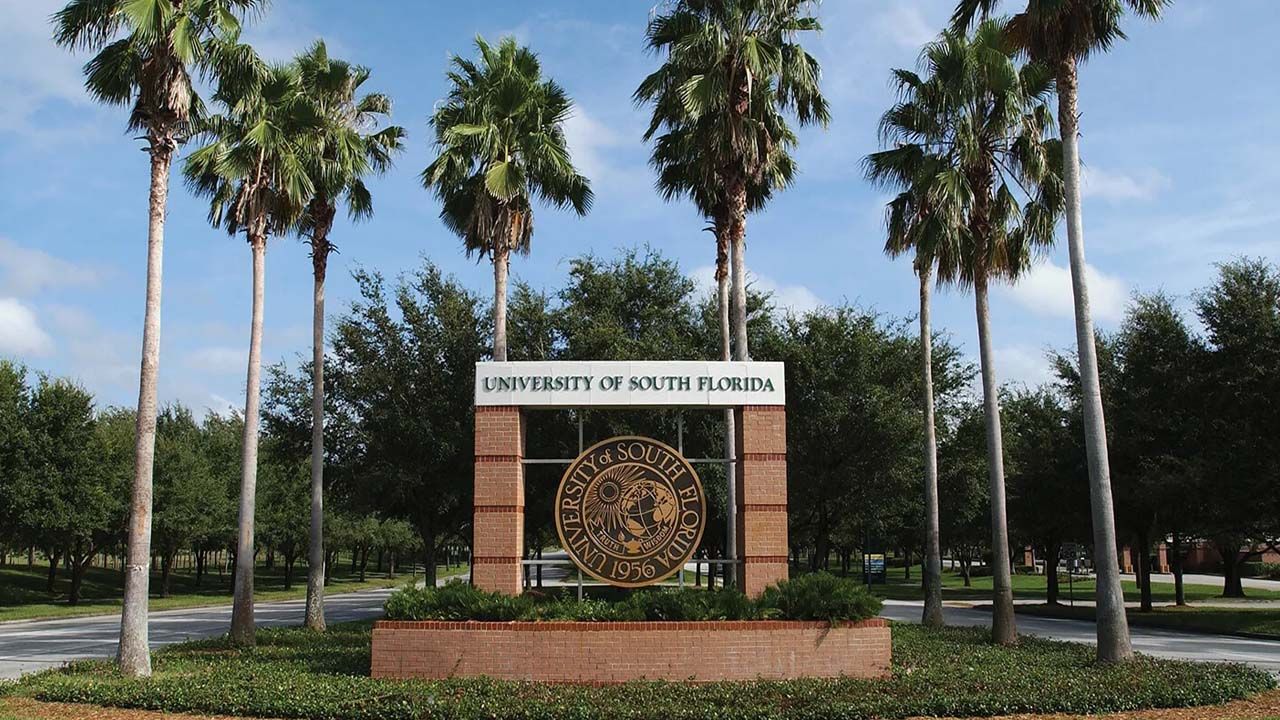By Jack Rybicki
In 2020 and 2021, companies benefited from an unprecedented amount of federal and state support to help them weather the economic impact of the COVID-19 pandemic. The Paycheck Protection Program (PPP) helped nearly 11.5 million companies through the issuance of over $792 billion in forgivable loans.
Many PPP borrowers are now breathing a sigh of relief, having received notification from their lender that the SBA has approved their forgiveness application and paid off the balance of the loan. However, this doesn’t mean the PPP merry-go-round has actually stopped.
The SBA, and other governmental agencies, retain the right to review the forgiveness application and reassess the forgiveness decision. Based on document retention requirements set forth by the SBA, this period extends four years from the date of the loan forgiveness application submission up to six years from the date of loan forgiveness, depending on a borrower’s loan size. For loans over $2 million, there is a high likelihood that some additional scrutiny will come over the ensuing six-year period.
Owner succession considerations
Being a PPP participant could also complicate owner succession events. Owners are responsible for the company’s compliance with PPP program terms — from eligibility to loan sizing to appropriate use of funds and related forgiveness. In the event of forgiveness reassessment, liability stays with the borrower. When documenting succession terms, contemplate the potential impact of a reassessment event and clearly state if the former owners or the new owners will bear those risks.
Merger and acquisition impact
PPP loan status is also relevant to mergers and acquisitions. Guidance in the October 2020 Procedural Notice on Changes in Ownership, issued by the SBA, must be followed when the PPP loan is still outstanding. The notice requires the PPP lender to be notified and approve a change in ownership — and SBA approval may be required as well. The need to seek SBA approval, which can be cumbersome and result in transaction delays, can be avoided if the transaction is for a minority interest or an escrow account is established for the balance of the outstanding PPP loan.
In many cases, new owners become subject to all obligations under the PPP loan and are responsible for making sure funds are used only for authorized purposes, if the company is still in its covered period. Additionally, if the PPP borrower has not yet submitted its application for forgiveness, then the new owner becomes responsible for segregating and delineating PPP funds and expenses and providing documentation to demonstrate compliance with PPP requirements.
To help manage risks related to acquiring a company that participated in the PPP, consider the following:
- Due diligence requests must include a COVID relief program section and, because of ongoing audit risk, should mandate the receipt of all documentation required to be retained during the audit period.
- Audit risk exists not only as related to PPP loan forgiveness, but also to program eligibility and the appropriateness of the loan sizing.
When assessing audit risk associated with forgiveness, consider the nature of the expenses being claimed and the period during which they were incurred and/or paid. For instance, the program limits the amount of nonpayroll-related costs for which forgiveness can be claimed to no more than 40%.
Loan sizing concerns arise related to matters like the inclusion of independent contractor payments, the periods used to determine average monthly payroll or improper amounts related to owners.
Eligibility issues are also arising. While the need to demonstrate “economic necessity” is only a burden for borrowers with loans over $2 million, other eligibility requirements such as the number of employees, affiliated entities and foreign employees may also come into play. It is important that someone on the due diligence team have an in-depth knowledge of the programs to assess potential risk in the event of an audit.
- Consider reps and warranties, indemnifications and the use of escrows to manage ongoing risks associated with PPP. While escrows for the entire period of audit risk are not feasible, it is highly likely that we will begin to see SBA reassessment activity for PPP loans over $2 million starting in 2022. The results of these early reassessments may provide some insight into how the SBA will interpret compliance-related matters and provide buyers with a chance to reassess audit risk related to COVID relief programs.

For more information, contact Jack Rybicki at [email protected] or 813-384-2701.
The information contained herein is general in nature and is not intended, and should not be construed, as legal, accounting, investment or tax advice or opinion provided by CliftonLarsonAllen LLP (CliftonLarsonAllen) to the reader. For more information, visit CLAconnect.com.
CLA exists to create opportunities for our clients, our people and our communities through our industry-focused wealth advisory, outsourcing, audit, tax and consulting services. Investment advisory services are offered through CliftonLarsonAllen Wealth Advisors, LLC, an SEC-registered investment advisor.















